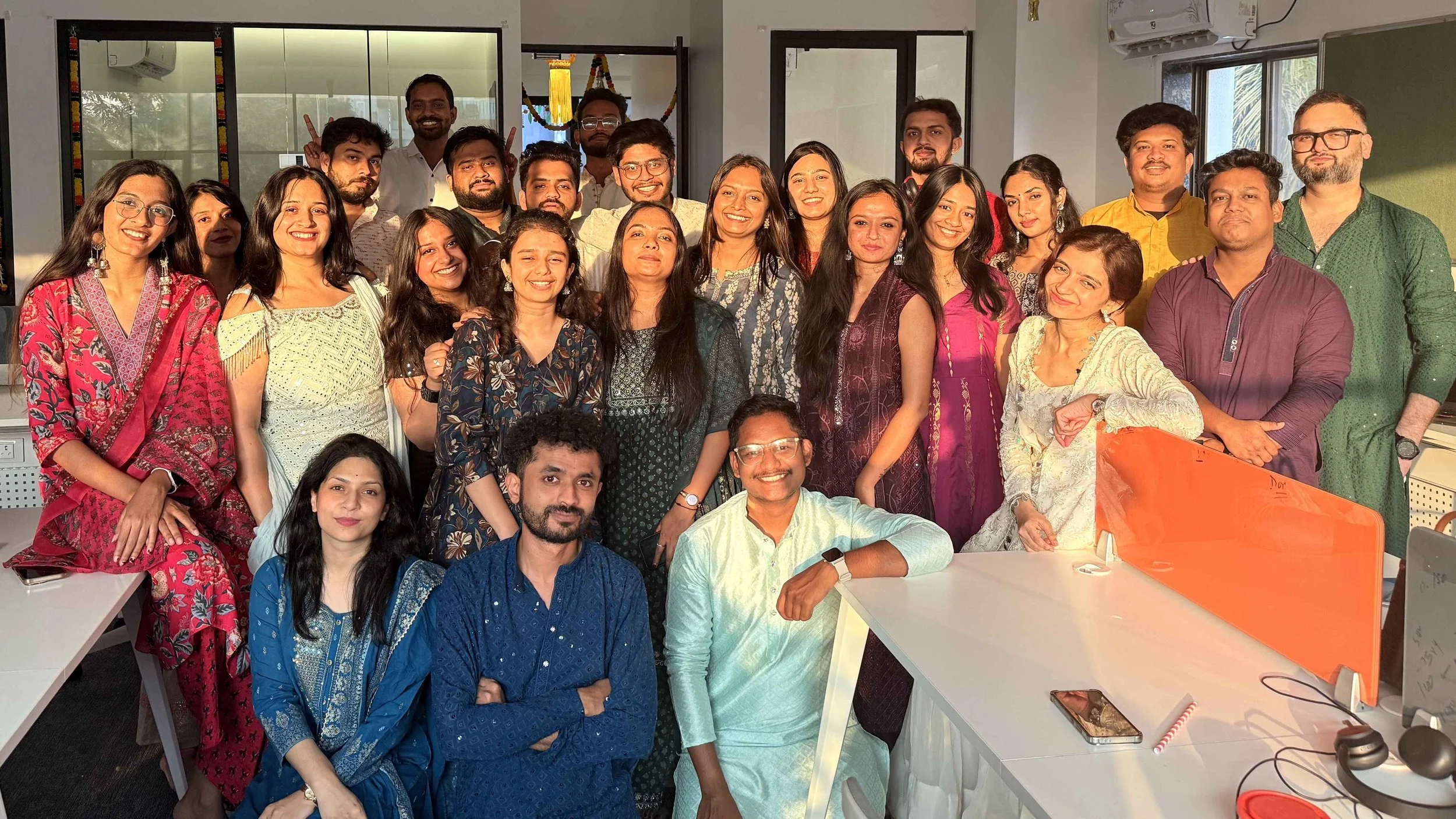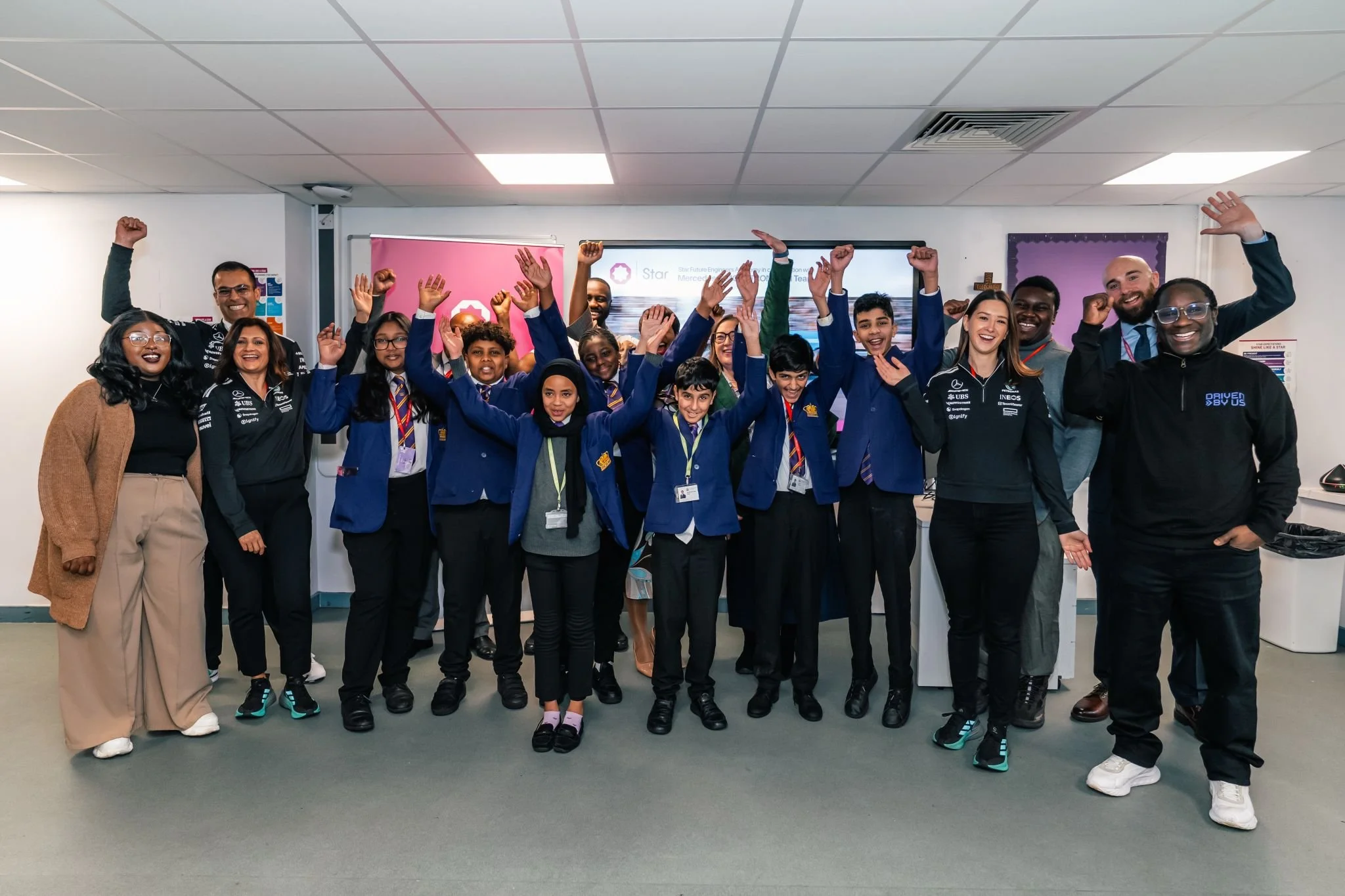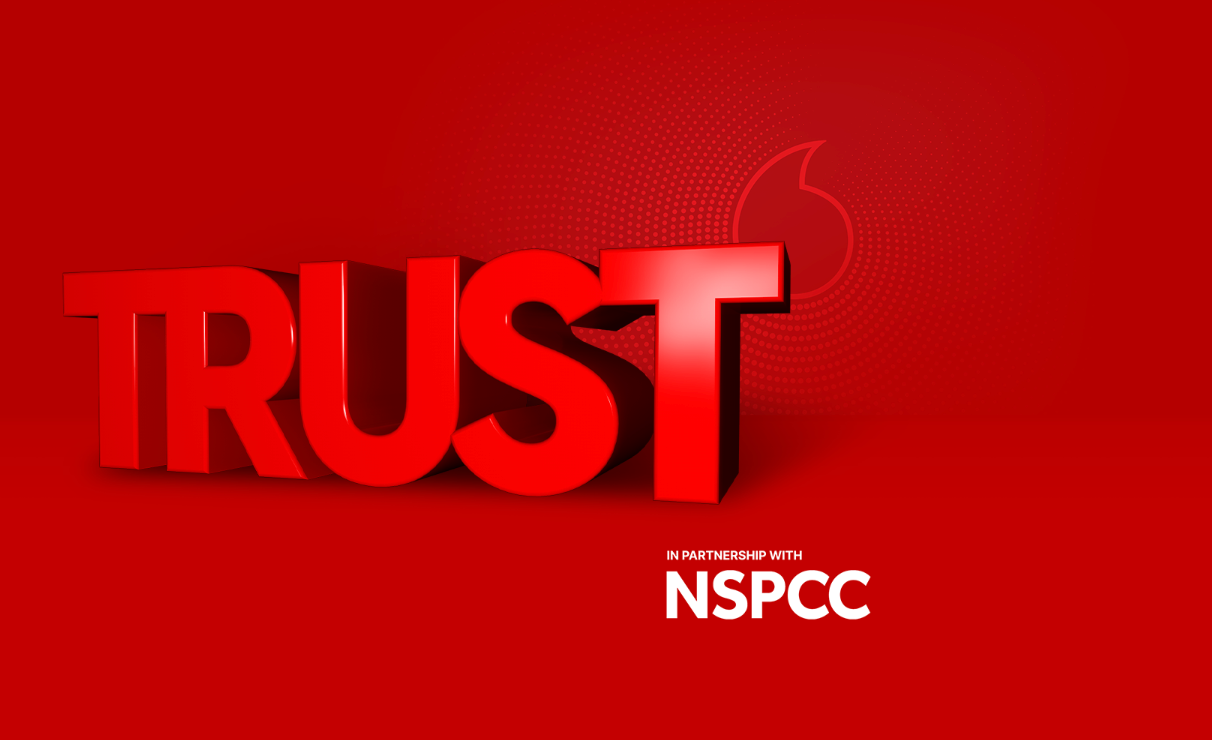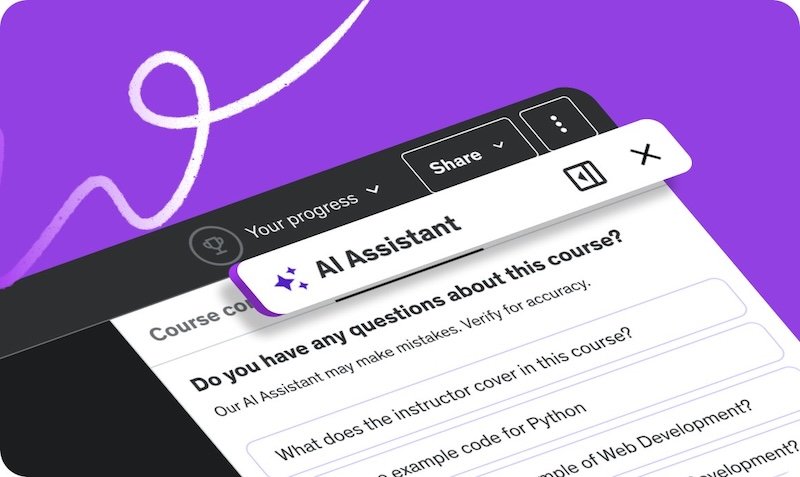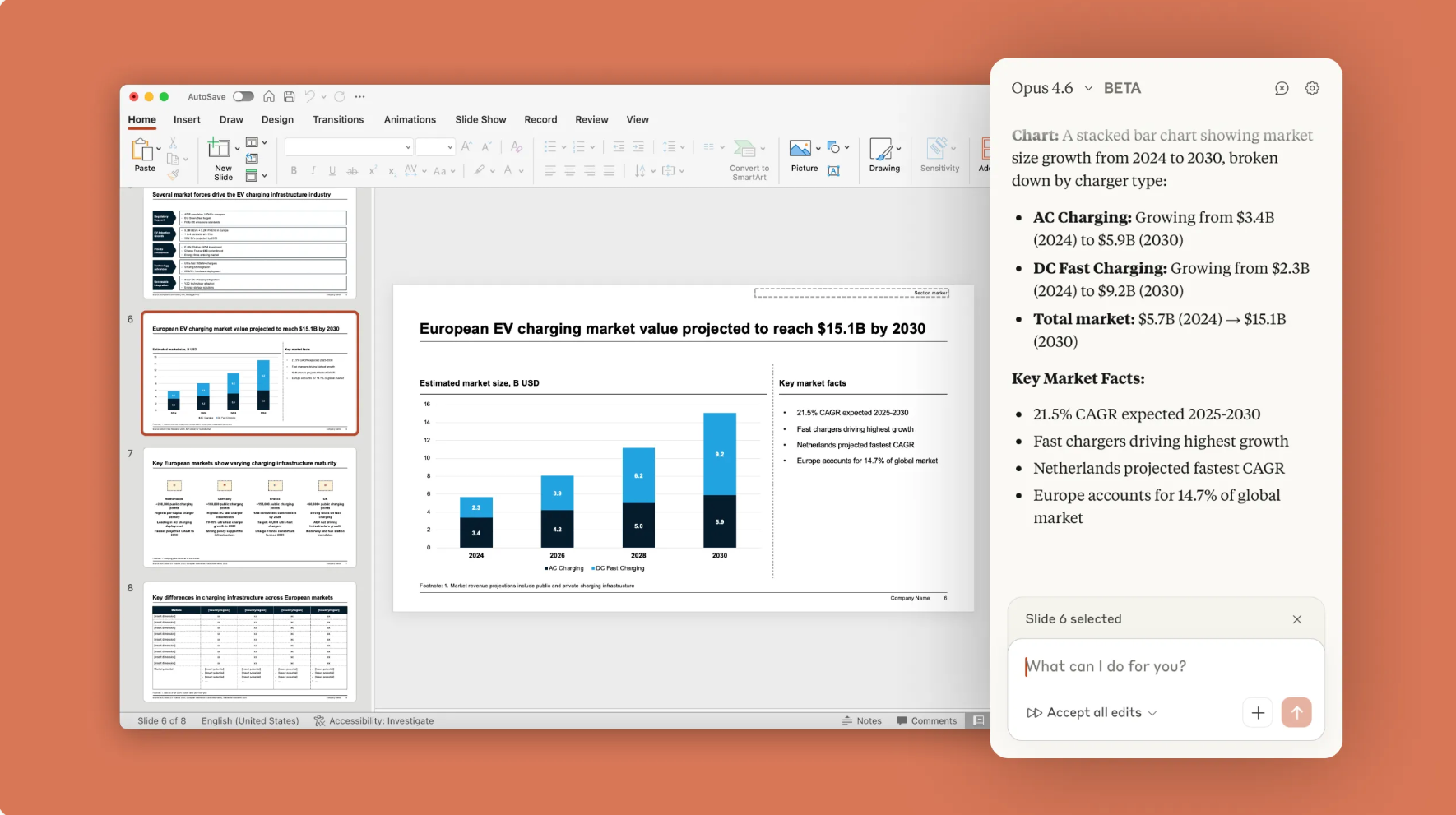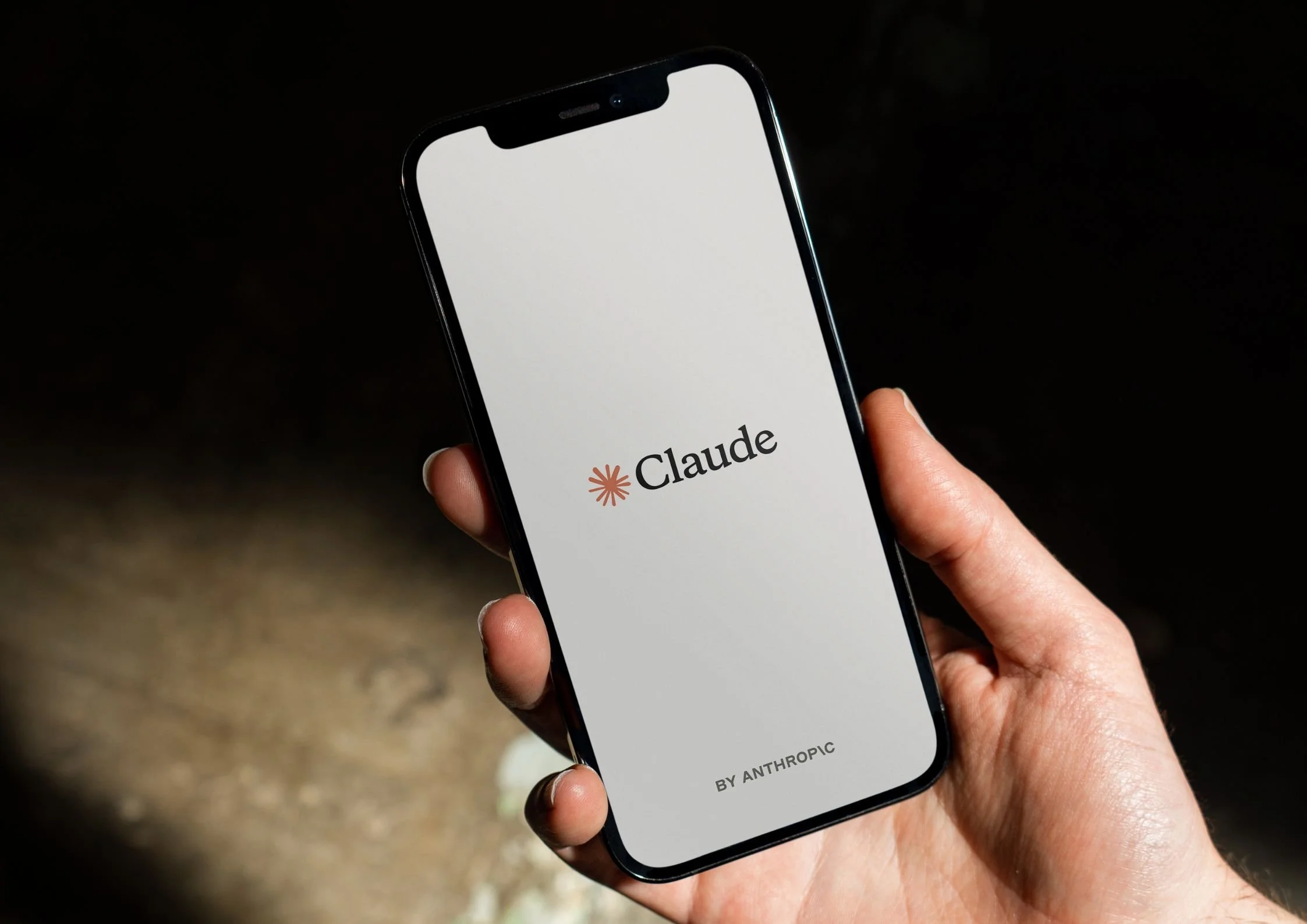Google sets out new AI for Learning commitments with $30 million funding pledge
Photo credit: Google
Google has detailed a set of new commitments on AI and education at its AI for Learning Forum in London, covering international research, national partnerships and new product developments.
In a blog post on the updates, Ben Gomes, Chief Technologist for Learning and Sustainability, explains that the forum convenes “experts, academics, thinkers, students, educators and more” to examine AI’s potential across education systems. He adds that Google aims to “share ideas, forge partnerships and collectively consider AI’s potential to help learners, educators and the wider ecosystem.”
As part of the update, Google confirmed a national partnership with Estonia under the country’s AI Leap initiative. The program will give more than 20,000 students and teachers access to Gemini for Education and related training. Gomes describes Estonia as “a global leader in digital innovation and education,” with joint research planned to assess both benefits and risks of classroom AI.
Google also announced that YouTube’s new conversational AI tool for learning is being introduced to users in the U.K., allowing viewers to ask questions, receive explanations, see summaries and test understanding while watching educational videos.
Research trials expand to assess AI’s impact on student progress
Google has published findings from an exploratory randomized controlled trial involving 165 students in the U.K., testing LearnLM integrated into Gemini 2.5 for math tutoring. Findings show that LearnLM produced factual errors in only 0.1 percent of messages and that students supported by the tool were “5.5 percentage points more likely to independently solve novel problems” in subsequent study sessions.
The company confirmed plans for additional randomized controlled trials in the U.S., U.K., India and Sierra Leone. While Google states that further research aims to build a scientific evidence base around AI’s effect on learning outcomes, it has not yet published the timelines or reporting schedule for future studies.
State partnerships emerge as Google.org funding reaches U.S. school systems
Google.org will provide $30 million over three years to organizations focused on expanding AI literacy, researching AI’s impact and widening access to learning tools. Initial funding recipients include the Raspberry Pi Foundation, Fab AI and Playlab AI.
Further detail on Playlab AI’s involvement was shared in a LinkedIn post from Co-founder Yusuf Ahmad. Playlab AI develops AI literacy and teacher training programs and partners with state agencies to build long-term capability across U.S. school systems. Ahmad confirmed that Google.org’s support will strengthen work in Idaho, Indiana and Tennessee. In his post, Yusuf Ahmad says, “Grateful to Google.org for supporting our ecosystem work in Idaho, Indiana, and Tennessee.”
He describes these partnerships as focused on building teacher confidence to evaluate and create with AI rather than using tools in isolation. Current collaborators include the Idaho Department of Education, Tennessee SCORE, aiEDU and AI for Equity. Ahmad says the aim is to support school systems as they design sustainable strategies for AI integration. Yusuf Ahmad says, “Together, we’re exploring how building teacher agency to critique and create with AI can shape strategic use of AI in our education systems.”
The ETIH Innovation Awards 2026
The EdTech Innovation Hub Awards celebrate excellence in global education technology, with a particular focus on workforce development, AI integration, and innovative learning solutions across all stages of education.
Now open for entries, the ETIH Innovation Awards 2026 recognize the companies, platforms, and individuals driving transformation in the sector, from AI-driven assessment tools and personalized learning systems, to upskilling solutions and digital platforms that connect learners with real-world outcomes.
Submissions are open to organizations across the UK, the Americas, and internationally. Entries should highlight measurable impact, whether in K–12 classrooms, higher education institutions, or lifelong learning settings.







